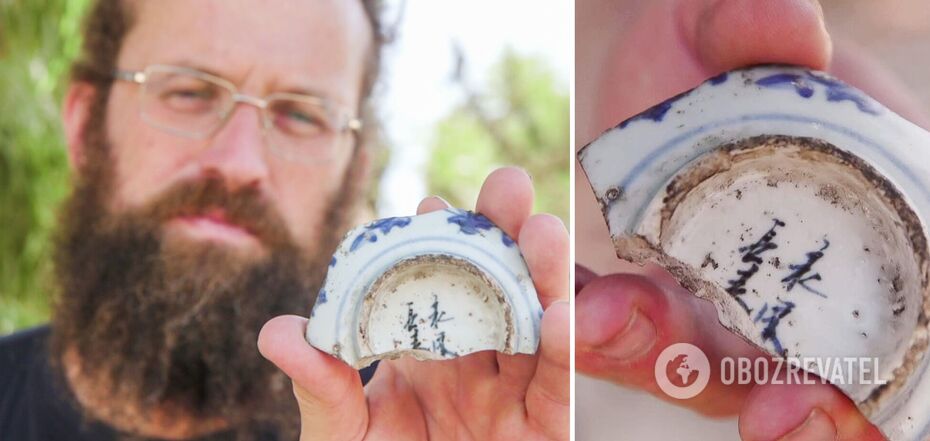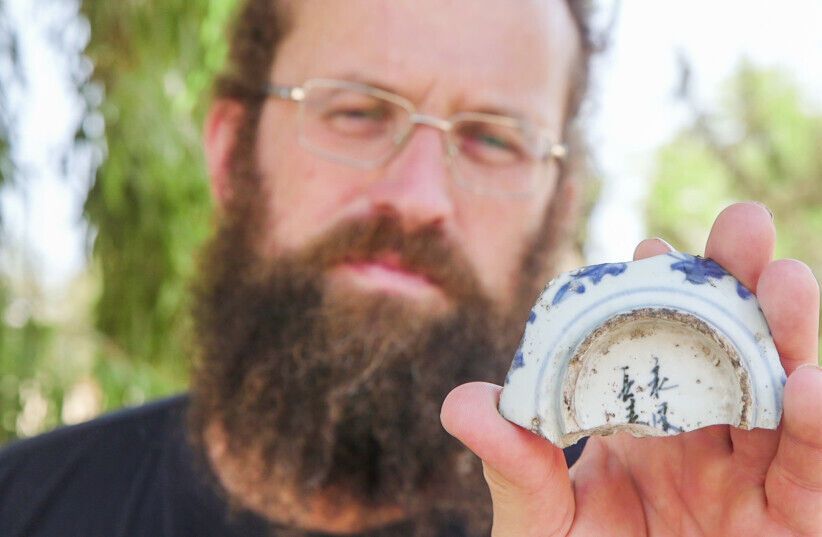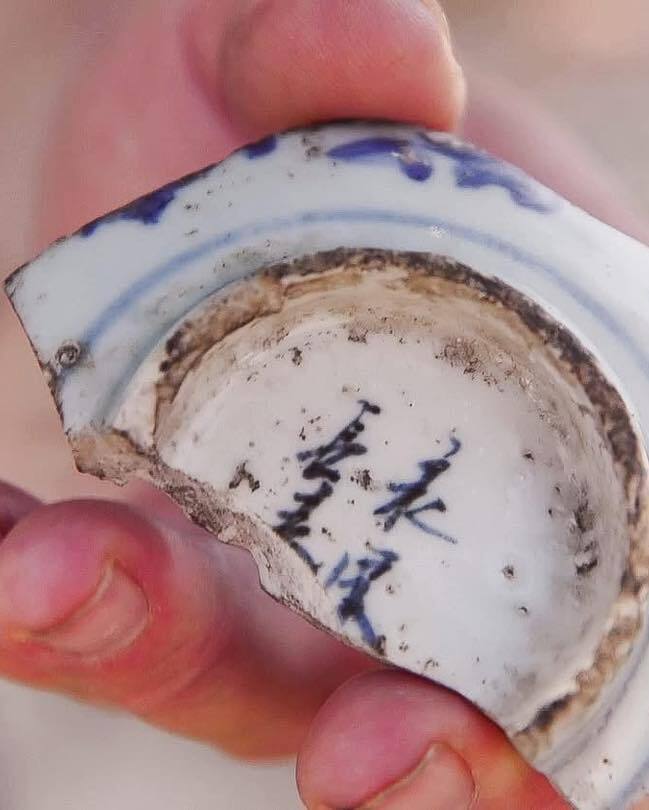News
Archaeologists have discovered a "fascinating" inscription in Chinese characters on the biblical Mount Zion. Photo
On the biblical Mount Zion, archaeologists found a 500-year-old porcelain bowl fragment with an inscription in Chinese letters. It read: "We will forever guard the eternal spring."
According to MailOnline, according to scientists, this is the first archaeological evidence of economic and political ties between the early Ottoman Empire, the Holy Land of Israel, and imperial China. However, the meaning of the text remains unclear.
"We were all very excited about this rare find because it was unexpected," said archaeologist Michael Chernin of the Israel Antiquities Authority (IAA).
Although authorities have been working at the Mount Zion excavation site for the past three years with the Protestant Institute of Archaeology in Germany, neither team could speak with certainty about the significance of the exquisite bowl's centuries-old message. The researchers have suggested that the cryptic inscription may indicate the reverent awe with which the Ottomans regarded Chinese porcelain, known worldwide for its superior clay quality.
Archaeologists are currently continuing a more specific analysis of the artifact. It is now known to date from between 1520 and 1570 and probably arrived via the Chinese trading colonies that existed in Beirut, Tripoli, and Jerusalem at the time.
"This poetic message in Chinese, found in such an unexpected place, adds a beautiful new chapter to the history of Jerusalem. It is a tangible reminder of how interconnected the world was even a few centuries ago," said IAA Director Eli Escudo.
While ancient Chinese porcelain has been found in the Holy Land before, the Mount Zion find is the first known discovery to bear an authentic inscription.
The Mount Zion excavation site spans a vast chronology of ancient history across different periods and empires, with the new discovery being made near the remains of an ancient Christian church called Aya Zion.
Built by Emperor Constantine, the Church of Hagia Zion was once called the "Mother of All Churches" until it was destroyed by the Persians in 614 AD.
Only verified information is available on the OBOZ.UA Telegram channel and Viber. Do not fall for fakes!





























